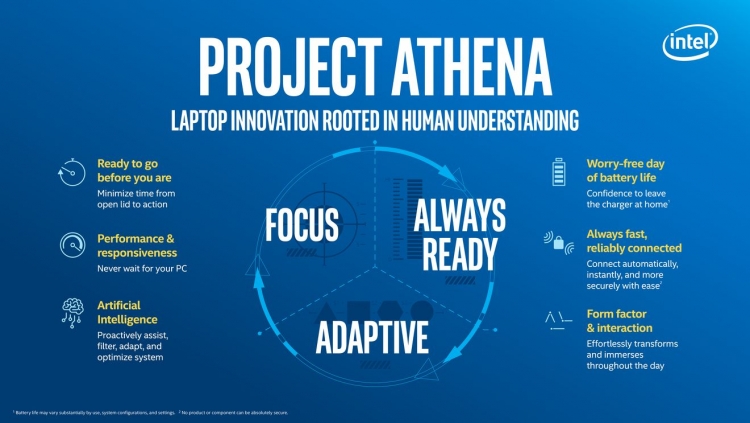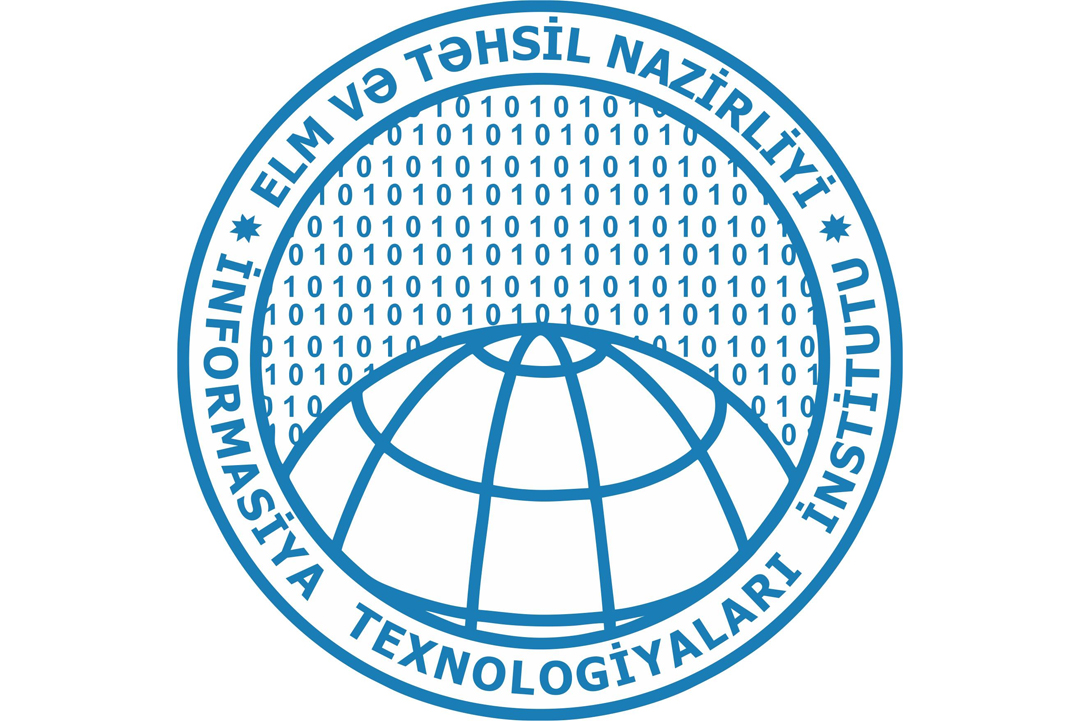NEWS
Intel’s Project Athena pushes PC makers to create ‘advanced laptops’ with 5G and AI

Intel is creating a new way to push PC makers to get ready for “a new class of advanced laptops.” Dubbed “Project Athena,” Intel’s push involves 5G and artificial intelligence support wrapped up in what looks like Ultrabooks part two. Intel is creating annual specs that manufacturers will need to adhere to for a certification process.
It all sounds very similar to the set of specifications the industry followed to create Ultrabooks, a marketing label desirable enough that it pushed some laptop makers to adopt thinner designs, faster storage, and longer battery life more quickly.
While Ultrabooks pushed laptop makers to focus on thin and light machines, Intel’s focus with Project Athena is vague. “Designed to enable new experiences and capitalize on next-generation technologies, including 5G and artificial intelligence,” explains Intel. We reached out to Intel for details on any concrete specs the company will require PC makers to adhere to, but Intel says it’s not sharing those yet.
Intel does have some focus areas for Project Athena, though. 5G and AI are top of the list, but a promise of minimizing the time between opening a laptop lid to it resuming is also part of the Project Athena mission. All day battery life, adjustable form factors, and performance are also on the list, though many existing PC designs arguably already focus on this.
Intel is providing PC makers with a roadmap to start bringing Project Athena devices to the market in the second half of 2019. Acer, Asus, Dell, Google, HP, Innolux, Lenovo, Microsoft, Samsung, and Sharp are all working on Project Athena. Devices will include Chrome- and Windows-powered laptops. Project Athena comes just as Intel has announced that 10nm Ice Lake processors will be available in laptops in time for the holiday season later this year.



